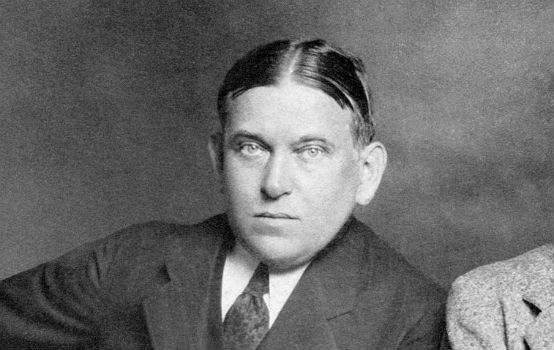TAC Bookshelf: The Sage of Baltimore

Jude Russo, TAC managing editor: I just finished the very fine Library of America omnibus edition of H.L. Mencken’s “Days” trilogy, Happy Days, Newspaper Days, and Heathen Days. These memoirs, which span from his childhood in the Baltimore of the 1880s until the 1930s, show Mencken at his best as a writer and as a character: the bombast and pleonasm, the contempt and the generosity, the ugly and the charming.
Subscribe Today
Get daily emails in your inbox
Baltimore in the 1880s until Prohibition was a lively, broiling town, a teeming seaport populated by ladies of the night, comic-opera police officers, ex-Confederate officers, cartoonish Methodist ministers. The streets were cobbled, and there was no sewer system until the turn of the century. Gangs of children wandered the streets playing energetic, occasionally violent games; regular brawls broke out at saloons and in alleys; newspapers competed for scoops and access to the corrupt politicos. It was a Twainesque canvas for Mencken to splash with his characteristic verbal color, which he did with aplomb.
Mencken, like most men, is a complicated and contradictory character. Unenlightened racial attitudes sit alongside an easy-going, almost ideological live-and-let-live outlook; unrepentant atheism (or at least agnosticism) doesn’t prevent him from enjoying the company of exalted clergymen; impatience with stupidity coexists with nearly endless affection for the vices and foibles of the human race and especially of the American people. You like him or you don’t; but in either case, you can’t say he isn’t an American original.
The Library of America edition includes extensive annotations from the author himself, including photographs, of particular interest to a Maryland antiquarian like your humble correspondent.